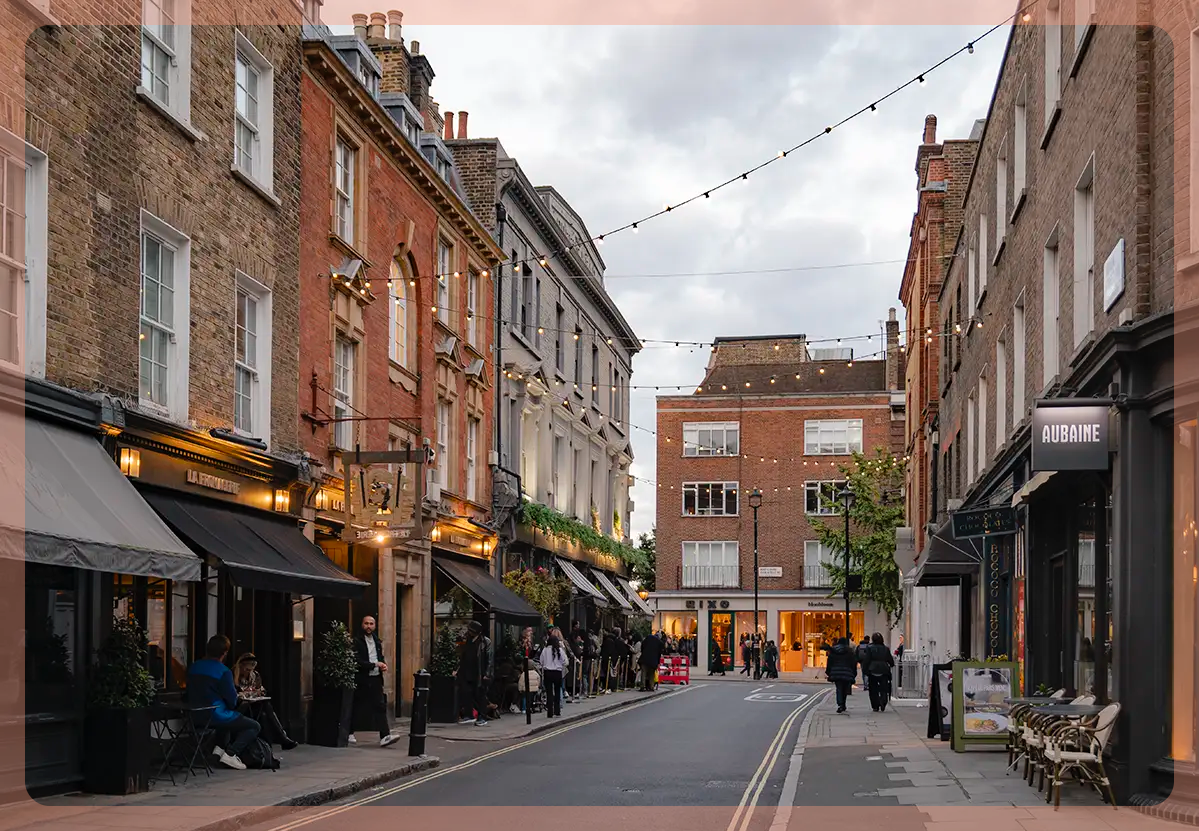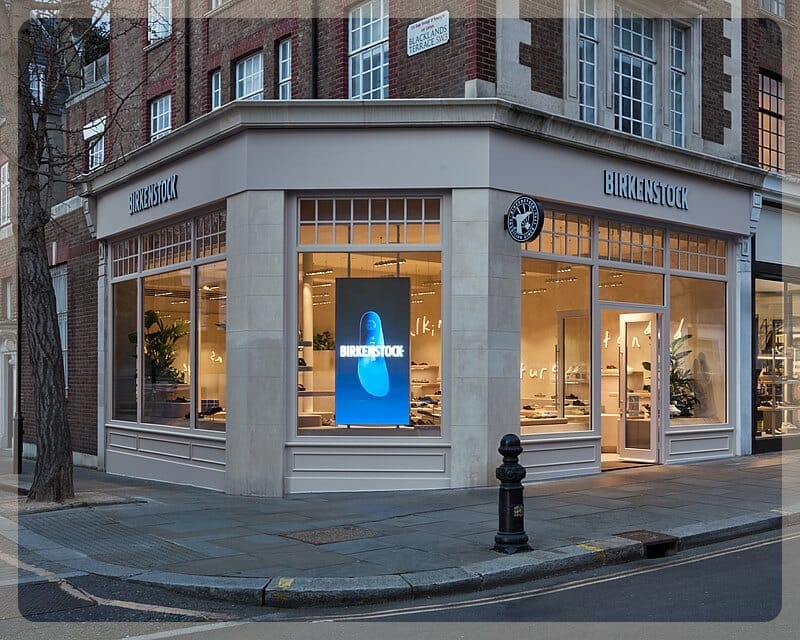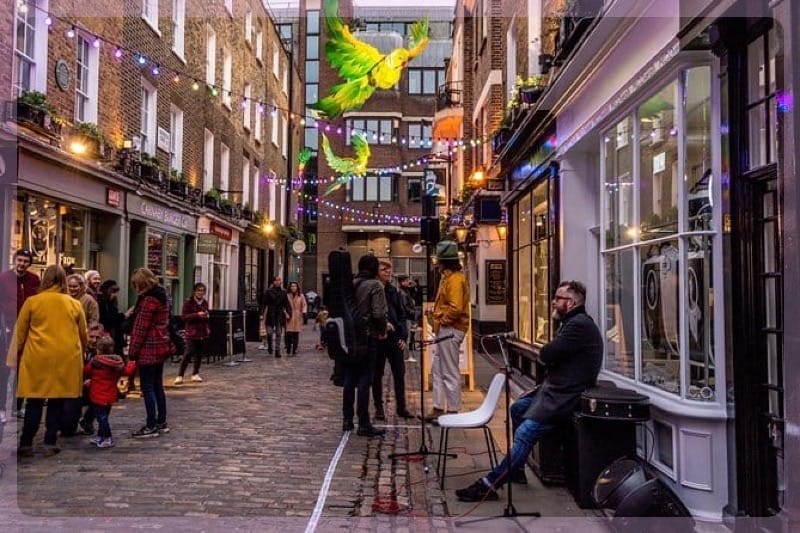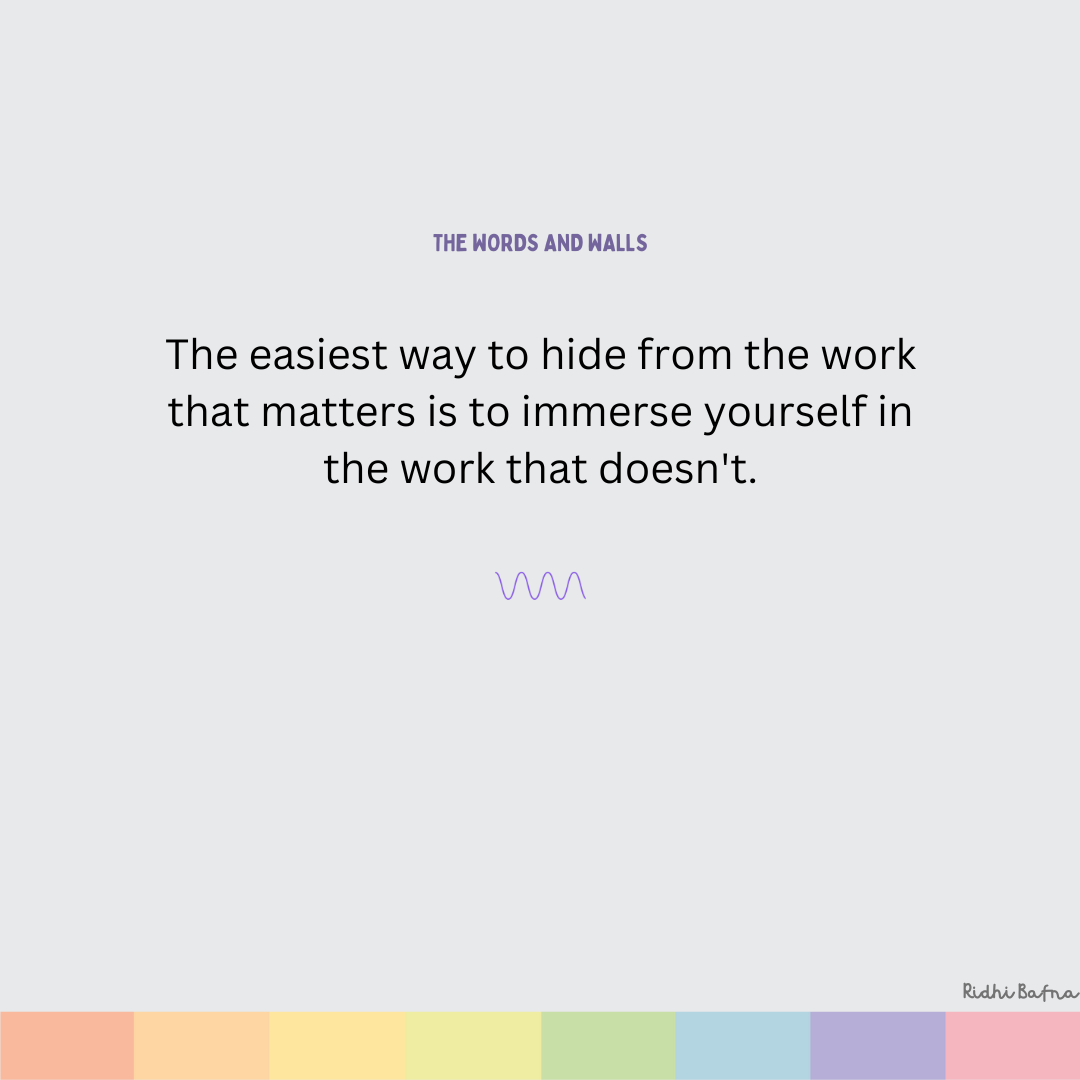What We Should Be Doing and What We Are Doing.

You know, we have seriously miscalculated our roles.
When you chose to become an architect instead of a graphic designer, what role did you assume or know for sure you'd be playing? And how much of that role do you see yourself performing on a daily?
We make choices about the work we want to do because we like the story it comes packed with. But what happens is, the story we tell ourselves is rarely the one we end up living.

The 23 year old who chose fashion designing as her profession to create clothes she couldn't easily find elsewhere, for people who'd love to wear them, spends 70% of her time adjusting brightness and choosing filters to make her social media feed look appealing. This wasn't the role she signed up for, but somehow she's always playing it.
The architect who quit "that firm" to be her own boss and make designs she's proud of now spends her days adjusting font sizes, finding appealing line weights, and pinning every board that looks different, trendy and "somewhat aesthetic."
The tragedy isn't that she's doing the wrong work; it's that she's forgotten what the right work actually is. The presentation has somehow become more important than the thing being presented.

Q1. At what point did we all collectively agree to become photographers who occasionally practice our actual professions?
The disparity is shockingly obvious and yet almost no one's seeing it. We nod and say, "Well, that's just how it is these days," believing we are left with no choice at all. And what's the choice? Well, it's finding the courage to go against the 'grain'.
You did not become a writer to copy words someone else wrote and paste them under your name.
You did not become an architect to create buildings that temporarily boost your ego, while failing the users by not giving them something that feels solid, permanent.
You did not become a small business owner to perfect smooth transitions in reels.
And yet here we are, in the assumed role of a content creator, who happens to occasionally do the thing we set out to do.

Q2. What would your craft look like if social media disappeared?
You became a writer to write. You became an architect to 'design.' You became a business owner to share and sell a story.
You became because you wanted to transform, not chase.
We all buy the story of transformation. And transformation is kind of permanent. Kind of like lifestyle creep. Once you have enough dollar bills in your fanny pack, your benchmark moves up the ladder. Your 'bare minimum' is no longer a Bata, it's a Birkenstock. And I highly doubt you'd go back unless you were forced to.

Having you as an architect, and being in the space you have created, one should be sure of what it means to be around good architecture. You're here to make history by learning from it, never by breaking up with it. The easy path is doing what everyone else is doing. The valuable path is doing what only you can do.
Buying clothes from you should mean worth the price paid. The customer walks out feeling confident in the choice they made and sure of how they look, all because you made sure to design what looks good on a person, not just in a photo.
Coming to your social media feed, the person shouldn't walk out feeling less of who they are. Perhaps inspired, but never insecure. Repeatedly choose connection over attention.
Becoming the person you chose to become? Well, that sounds like the basic thing to do, but feels like one of the biggest challenges. We're so committed to the 'performance' that we've lost track of the character we were supposed to be playing.

Q3: Are you creating work that makes YOU look good, or work that makes customers feel seen and understood?
All we have to do is play the role we signed up to play. Sounds simple, but we'd rather do anything else but just that. The hardest thing isn't doing the work; it's deciding what the work actually is.
The wrapper will always matter lesser than the gift inside. 🎁
And so, in a time where everyone's distracted and confused their actual role with everything else, keeping your promise might be the most revolutionary act of all.

